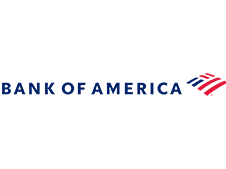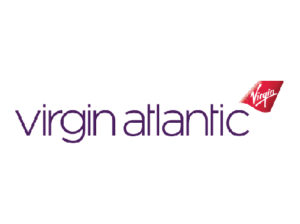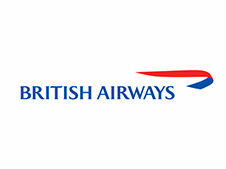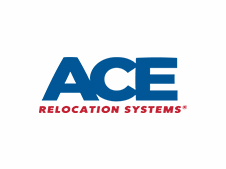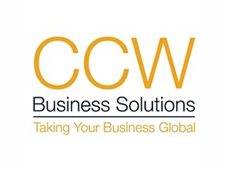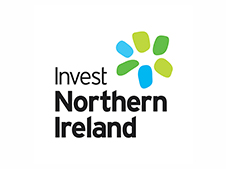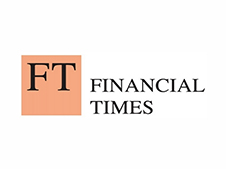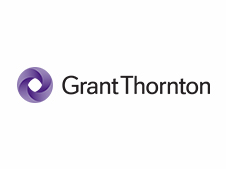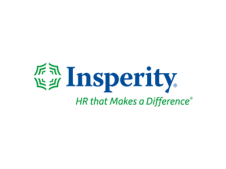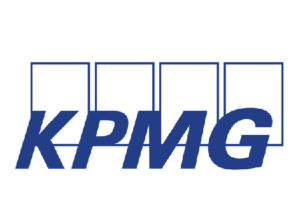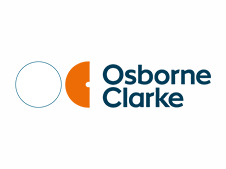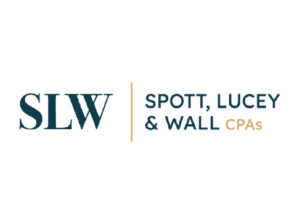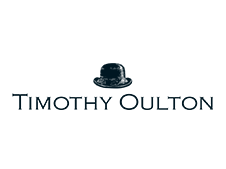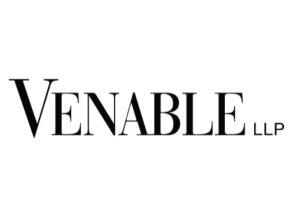On April 19th 2017, Patron Member Hogan Lovells and Premier Member Fitzgerald & Law once again joined forces for the 3rd annual Global Words of Wisdom event. Peter Watts (Hogan Lovells) and Melissa Harkcom (Fitzgerald & Law) were joined by H.M Consul General Andrew Whittaker, Sean Randolph (Bay Area Economic Institute) and Alastair Paterson (Digital Shadows) for an esteemed panel discussion on life after Brexit. The discussion was moderated by BABC Chairman and CEO of Venturexcel, Colin Brown.
Andrew Whittaker began by talking through the initial process of Brexit and how it came to be. This proved to be a very useful re-cap of events leading up to the referendum.
Colin asked the panel their thoughts on the challenges and opportunities that Brexit poses. Sean expressed his concerns for London’s financial community, noting that the scale in activity of financial services may change following Brexit. He explained that cities such as Paris and Frankfurt are becoming more attractive and that banks may start to shift their operations on to the continent. The discussion then moved on to issues concerning tech startups in London where Sean noted it may become harder to encourage talented people to relocate to London if they are uncertain about their future. Sean expressed he still believed London will be dominant in the startup market albeit somewhat diminished.
Sean also noted that if a trade deal between the U.K and U.S is negotiated, it is not going to be easy. Sean posed the possibility of negotiating bilateral trade whilst leaving certain issues ‘off the table’ which Andrew stated was impossible as we are still currently bound by E.U law.
Andrew went on to emphasize the unique trade agreement between the U.K and the E.U and pondered on how quickly the U.K will be able to form new trade agreements after the U.K formally leaves. He noted that a trade deal between the U.K and Australia may form faster than deals with the U.S. Following on from that, Peter expressed that it remains in both party’s interest to strike a trade deal that resembles what we have currently and how he is optimistic this may well be the case.
The discussion then moved on to Alastair with the topic of data security. Alastair noted that the U.K typically has a stricter data protection policy than the U.S and expressed his hope for this to continue after Brexit. The issue of how Privacy Shield seeks to protect E.U citizens’ data in the U.S rose and what the implications of Brexit may mean for the data of U.K citizens.
Melissa then spoke about how the issue of privacy relates to the issue of operations and noted how the U.K will need to adopt certain regulations to continue to trade and work within the E.U. A challenge Melissa expressed was that the U.K will no longer have a seat at the table to shape those negotiations. Following on from this, Alastair raised the issue of control and how the whole campaign was about taking back, but in reality we will be relinquishing most of our control. Peter then expressed that is possible to be over pessimistic about what losing control can lead to and the reality of how much control the UK actually had during these previous negotiations.
The topic of immigration arose to which Alastair responded from a company’s perspective. He noted the biggest concern is the global shortage in highly skilled workers in particular fields and how they are vital to a growing community and economy. Alastair also noted the difference in time needed to recruit in the Bay Area compared the U.K and how there is an opportunity going forward for it to be easier to recruit from abroad; otherwise it is possible Brexit may really hamper a company’s ability to grow. Melissa addressed the fundamental concerns of what will happen to international people already working in the U.K and noted that having a viable fast-track for a skills shortage should be the way forward. Melissa expressed how she thinks the Prime Minister should target the younger generation with both a short term and long term strategy in terms of education. Andrew explained that the U.K would not stop immigration and stressed instead the word control, noting numerous existing U.K visa arrangements around the globe. He explained that the government’s ambition is to remain an attractive place for people to come and work in highly skilled jobs whilst also controlling numbers.
To conclude the discussion, Colin asked the panel what they thought was the most positive possible outcome of Brexit. Melissa explained that the opportunity for business leaders to get involved in the discussion is an encouraging takeaway. She expressed how the government is extremely open to discussion and urged the audience to reach out as now is the crucial time. Andrew explained that a positive outcome will be that the U.K will have a real opportunity to be a strong voice and player in global trade. Sean expressed that the U.K becoming unshackled from EU regulations will be interesting and could potentially lead to an economic rise. Peter noted that the U.K staying close to the EU but having freedom at the margins to lead the way will be positive and may also set an example to the EU on how to move forward. Alastair believes London will remain a great place to start a business due to the continuation of funding compared to that of other countries.
Thank you once again to Patron Member Hogan Lovells for hosting this event and to Premier Member Fitzgerald & Law. We look forward to next year’s event.
Click here to see more of the photos


